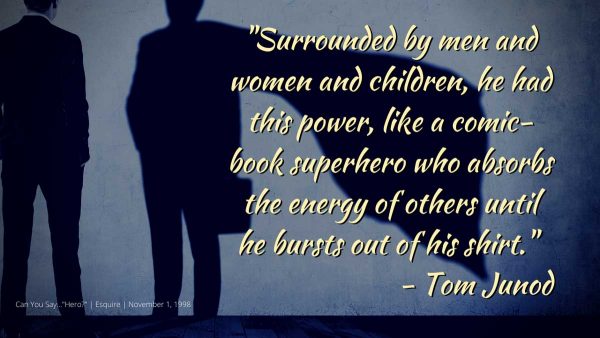I don’t know about you, but I am fascinated by Fred Rogers! Something you may or may not find odd about my fascination is that until recently I only knew…
Read More“Anything that is human is mentionable; and anything that is mentionable can be more manageable.” Fred Rogers I have a confession to make – although I am very familiar with…
Read MoreIf you are someone who finds value in educating yourself on mental health and relational issues, then you have likely heard of the phenomenon commonly referred to as “gaslighting.” Cleverly…
Read More


